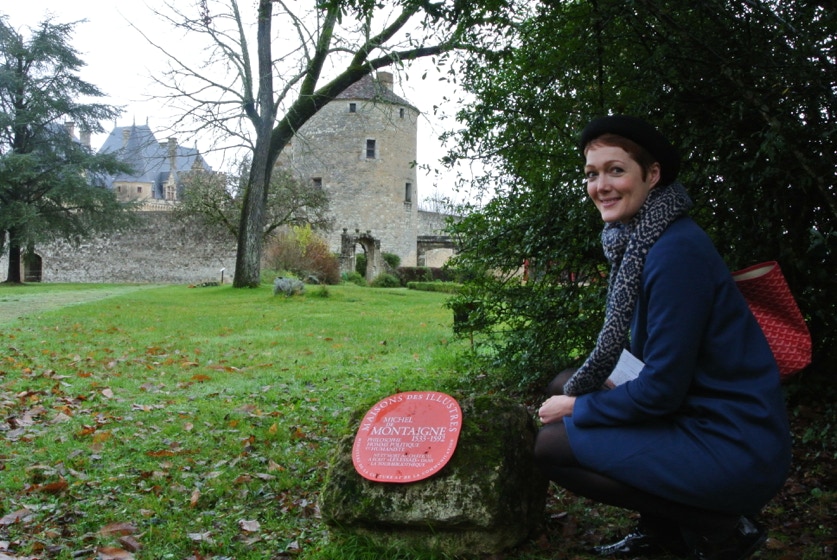
I am a specialist in the cultural, literary, and intellectual history of the European Renaissance and my research covers French, Latin, Neo-Latin, and Italian writers. I’m particularly fascinated by the interactions during the 15th and 16th centuries – before the creation of the ‘two cultures’ that separated the arts and the sciences – between the literary and other disciplines (natural history, philosophy, philology) and in the ways in which Renaissance culture worked with the legacies of the classical past. Parallel research interests include the history of education and access to cultures of humanism and the liberal arts by those outside Renaissance institutions and seats of power, be this women, auto-didacts, or religious or political recusants, interests which reflect my concerns with and campaigning about the politics and policies of higher education today.
My academic publications include essays on Rabelais, Montaigne, Poliziano, the reception of Pliny the Elder, and theories of inspiration and invention in Renaissance poetics, as well as a co-edited volume on the translation culture of England and France from 1500 to 1660, which has been republished in a second, paperback edition. My first single-authored book, Inventive Inventories. Literature and Natural History in Renaissance Europe, will appear with Oxford University Press. The book examines the intriguing relationship between natural history and literature across the long sixteenth century, beginning in the 1490s with the Florentine humanist Angelo Poliziano and ending in the 1620s with the Jesuit writer Etienne Binet, by way of Erasmus, Juan-Luis Vives, Jacques Peletier Du Mans, Conrad Gessner, Rabelais, and Montaigne.
In 2016 I was awarded a two-year Fellowship by the Arts and Humanities Research Council in recognition of the excellence and the impact, past, current, and future, of my distinctive scholarship. The project, 'Scholars, hacks, and gentlemen: the politics of authorship in Renaissance France', is concerned broadly with the socio-political status of different categories of writer from the early sixteenth century to the formation of the Académie française in 1635, telling a story of rival communities, divided disciplines, and the emergence of an increasingly exclusionary vocabulary of taste. The Fellowship has allowed me to do intensive work on single-authored publications but also to establish a network of interested scholars who have met for workshops with radically creative formats, and to organize diverse public-engagement activities, from podcasts to public talks, in collaboration with scholars from across early-modern studies. The project is leading to a monograph entitled Plain Speaking: Style and Status in Renaissance Culture.